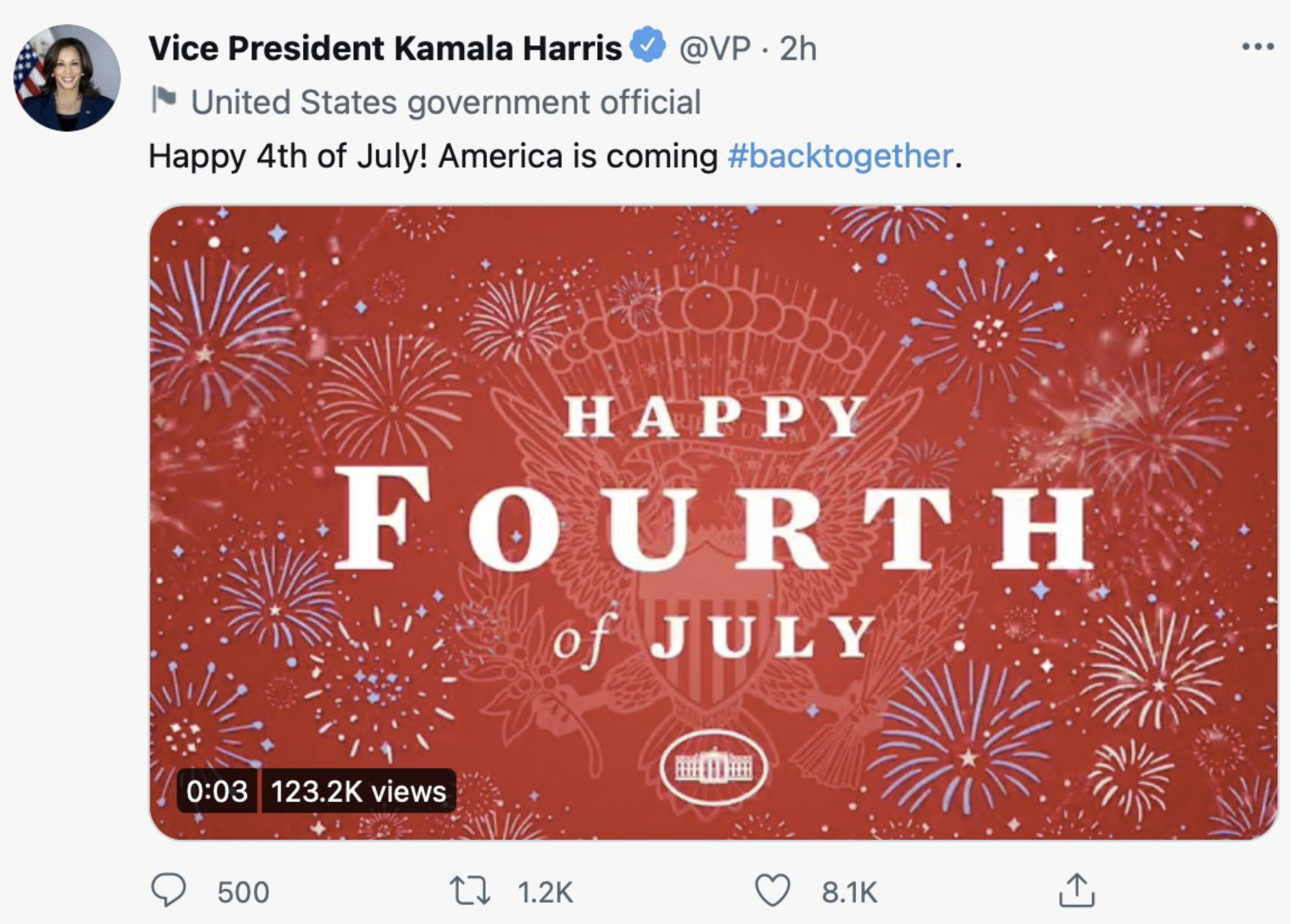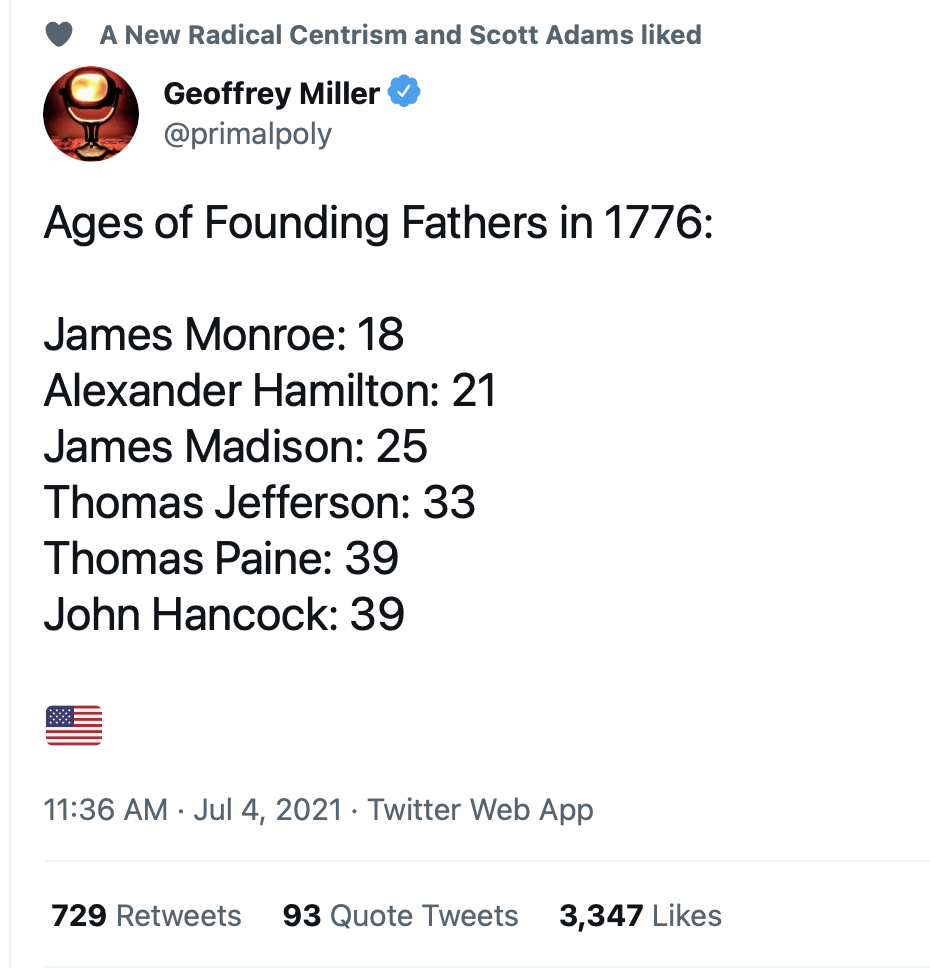Don’t Take the Bait by Arguing About the Proper Meaning of “Critical Race Theory”
Robby Soave makes his case at Reason. First of all, what does Critical Race Theory seem to mean? I've gathered many pronouncements. Soave offers this:
Critical race theory is the idea that structural racism is embedded in many U.S. institutions. Slavery was the reality when the country was founded, and segregation endured for a century following the Civil War. It would thus be naive to assume that supposedly race-neutral policies are actually race-neutral—there's nothing neutral about America and race. Working from this assumption, adherents of critical race theory tend toward a kind of progressive activism that views post-Enlightenment classical liberalism and its notions of equal opportunity, the prioritization of individual rights over group rights, and colorblindness with hostility.Here's how the bait and switch is playing out, with a money quote by Ibram X. Kendi:
Now that critical race theory is under attack, Kendi has denied being an adherent of it, saying in a statement, "I don't identify as a critical race theorist." MSNBC host Joy Reid used this as a gotcha moment during a segment with Christopher Rufo, a senior fellow at the Manhattan Institute and the foremost anti-CRT activist. But this is semantics: Kendi also told Slate that CRT was "foundational" to his work:
I've certainly been inspired by my critical race theory and critical race theorists, the way in which I've formulated definitions of racism and racist and anti-racism and Antiracist have not only been based on historical sort of evidence, but also Kimberle Crenshaw intersectional theory, which is she's one of the founding and pioneering critical race theorists who in the late 1980s and early 1990s said, you know what, black women aren't just facing racism. They're not just facing sexism. They're facing the intersection of racism and sexism. And it's important for us to understand that. And that's foundational to my work
What should this thing be called? Soave comments:
We could have called this thing intersectionality (my preferred term), or progressive antiracism, or even cultural Marxism (remember that whole debate?), but instead, we're calling it critical race theory. Oh well.
Regardless of what we call it, what is the solution? We should not prohibit the teaching of any idea, only the preaching. That's where many legislative attempts go awry. Soave offers a two-fold solution:
First, foes of critical race theory should spend their time more productively by working to ban racial discrimination in schools. Tinkering with the curriculum is usually a local issue, but states can prohibit race-based hiring and admissions systems. Bar elite public high schools from requiring white and Asian students to score higher on entrance exams, and from segregating students by race. David French is also correct that civil rights law already provides a potential avenue for students to sue school districts that have fostered a racially hostile and discriminatory climate. If the thinking behind "aspects of white supremacy culture" is put into practice in schools, those schools can be sued.
Soave's article is titled: "Critical Race Theory Can't Be Banned. It Can Be Exposed, Mocked, and Avoided: The semantics battle obscures reasonable objections to antiracist diversity seminars."
For more on David French's criticism of most of the legislative attempts to prevent CRT from being "taught" in schools, with which I agree on legal grounds, here is my comment on the conversation involving David French, Christopher Rufo and Bari Weiss.



